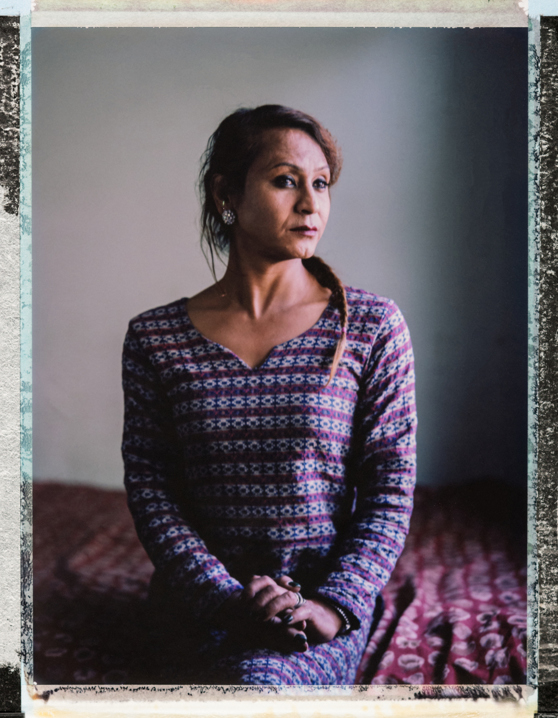Umesha Pandey / Nepal
“I was attracted to boys since I was eight years old. I always thought that I was a girl. I preferred girl’s roles when playing make-belief games. My childhood passed and in school everyone teased me by calling me a baby girl-boy.
From the beginning I was very skilled at dancing. I preferred wearing girls’ clothes, and my mother said that I might become like a girl even when I grow up. The boys at my high school started using deregottive words like unic, Hijaras. I did not want to go to school anymore.
I started working as a dancer in Nepal’s first dance restaurant. My work allowed me to get acquainted with many artist, and I got the opportunity to dance in many places.
I was lonely but I would control myself because I did make up and danced like a girl. Then in 2001 Sunil Babu pant approached me to start BDS. At that time none of the TG were open. All the TG people used to gather at my home, and we discussed the establishment of BDS.
My family were very supportive and also provided a room for BDS’ office. BDS was started with seven people. We struggled a lot at the beginning. Whenever the media came, my friends were afraid to speak in front of the camera. So I became the face of TG community, and that changed the perception of my relatives.
My relatives did not call me during family function. Yet my parents were very supportive of me when I was struggling to come in front of family. I am very proud of my family.
I realized that I like makeup and decided to be a make up artist. Now I do make up for films and have the opportunity to work with some of the excellent artist in the industry.”




